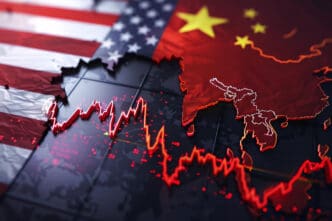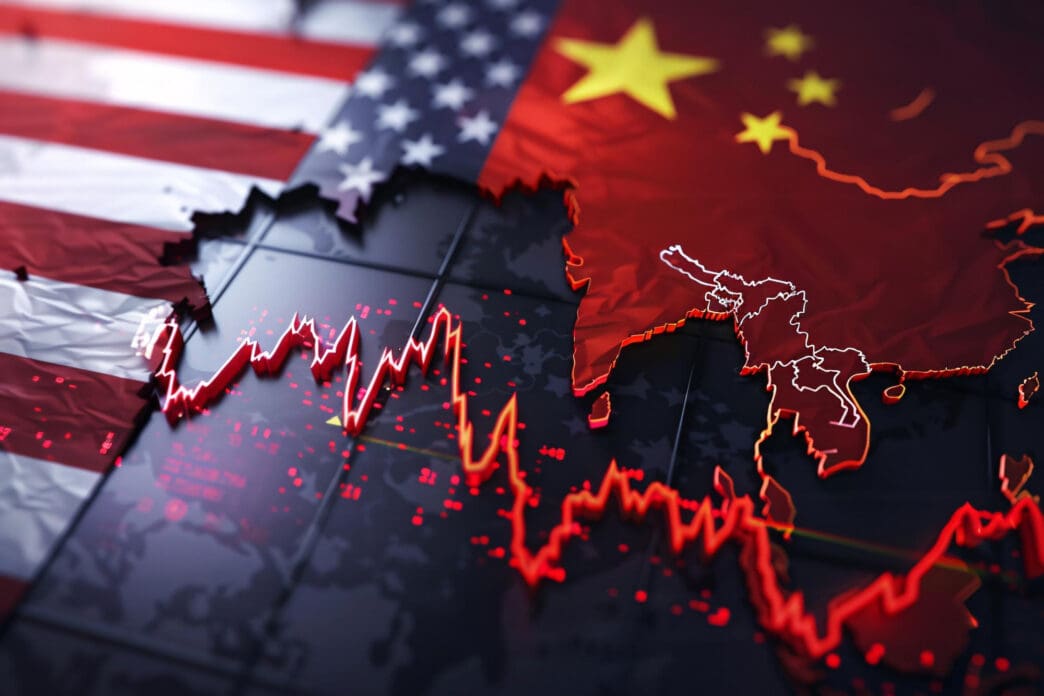Executive Summary
The Story So Far
Why This Matters
Who Thinks What?
Chinese and Hong Kong stock markets, including the Shanghai Composite and Hang Seng benchmarks, experienced significant declines on Friday, setting them on track for their steepest weekly losses in months. The downturn is primarily attributed to heightened investor caution amid escalating trade tensions between the United States and China, alongside profit-taking in artificial intelligence (AI) shares, and anticipation ahead of a crucial Chinese leadership gathering next week.
Market Performance Details
China’s blue-chip CSI300 Index dropped 1.3 percent, while the Shanghai Composite Index lost 1 percent on Friday. The Hong Kong benchmark Hang Seng was down 1.6 percent. So far this week, the CSI300 index has shed 1.2 percent, positioning it for its largest weekly loss since late-July, and the Hang Seng Index has fallen 3 percent, extending losses from the prior week.
Sector-specific declines were also evident. Chinese semiconductor shares traded onshore fell 2.8 percent, and the tech-focused STAR50 index dropped 2.6 percent. Tech majors listed in Hong Kong have seen a nearly 7 percent decline this week, marking their worst performance since April 7.
Underlying Factors
Investor sentiment has largely shifted, with markets turning volatile as participants adopt a wait-and-see approach amid political developments, according to analysts at UBS. They noted increased downside risk and higher uncertainty compared to a week ago. For the remainder of the year, UBS suggests clients may favor sectors such as technology, basic materials, and new consumer.
Geopolitical Tensions and Policy Anticipation
Trade tensions between the United States and China escalated this week, with both nations implementing additional port fees on ocean shipping firms. Additionally, China imposed sanctions on U.S. affiliates of shipbuilder Hanwha Ocean. A U.S. State Department spokesperson stated on Friday that these Chinese sanctions aim to undermine South Korea-U.S. cooperation and coerce Washington’s Asian ally.
Further contributing to market caution is the upcoming closed-door meeting of the elite Central Committee of China’s ruling Communist Party. Scheduled from Monday to Thursday, the gathering is expected to discuss, among other topics, the country’s 15th five-year development plan.
Outlook
The convergence of escalating trade disputes, profit-taking in key technology sectors, and an impending significant political gathering in China has created a climate of uncertainty, driving the notable declines in Chinese and Hong Kong equity markets this week.







